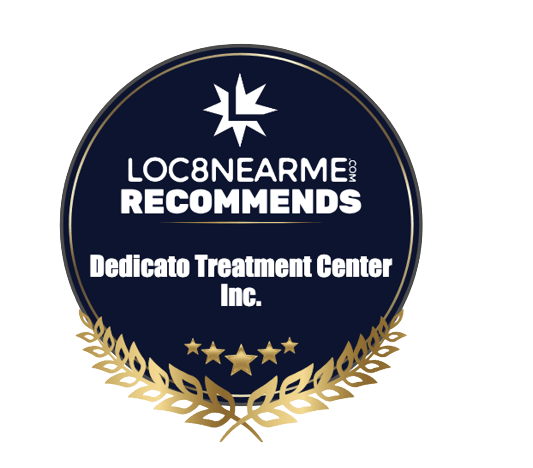If you or someone you care about is starting an Intensive Outpatient Program, you might feel nervous or unsure. That’s completely normal! Whether you’re recovering from addiction, dealing with mental health struggles, or both, an IOP gives you the help you need while still letting you live at home.
This week-by-week IOP guide will explain what to expect, how long it usually lasts, and how it can help you feel better one step at a time.
What is an Intensive Outpatient Program?
An Intensive Outpatient Program, also called IOP, is a type of treatment where you go to therapy sessions several times a week but don’t stay overnight in a facility. You can still go to work, attend school, or be with your family while getting the care you need.
IOPs are often used for people who:
- Are you recovering from addiction or substance use
- Have anxiety, depression, or other mental health issues.
- Finished a rehab program and need continued support
- Don’t need full-time hospital care but still need structured help
What to Expect During an IOP?
In an IOP therapy program, you’ll join sessions with counselors, support groups, and sometimes family members. You’ll talk about your feelings, learn coping tools, and practice skills to stay healthy and strong.
Each week might include:
- Group therapy
- One-on-one counseling
- Life skills training
- Relapse prevention
- Mental health education
- Support for family members
The schedule can be flexible, depending on your needs. Most programs last between 8 to 12 weeks, and sessions are usually held 3 to 5 days a week for a few hours each time.
Also Read: Can I Keep My Job While in Rehab? | IOP in California Guide
A Week-by-Week IOP Guide
Week 1 – Getting Started
In your first week, you’ll meet your treatment team and go through an assessment. This means they’ll ask questions about your history, health, and goals. You’ll learn the structure of the program and join your first group sessions.
This week is about settling in, understanding the rules, and building trust.
Weeks 2 to 4 – Learning and Connecting
These weeks focus on understanding your triggers (what makes you feel like using or breaking down), learning how to handle stress, and sharing experiences with others in your group.
You’ll start using tools like:
- Journaling
- Deep breathing
- Healthy routines
- Positive self-talk
You may begin to notice small changes in how you think and feel.
Weeks 5 to 7 – Building Strength
Now, you’re getting the hang of it. You’re using coping skills, opening up more in group therapy, and gaining confidence. You’ll explore how to build healthier relationships and set goals for your future.
This part of the first-timer’s guide to IOP treatment is about real growth.
Weeks 8 to 10 – Preparing for the Future
You’ll start talking more about life after IOP. What will your daily routine look like? How will you handle tough days without falling back? Your team will help you create a plan for ongoing support, this may include therapy, support groups, or a job coach.
Weeks 11 to 12 – Graduation and Aftercare
In your final weeks, you’ll review everything you’ve learned and feel proud of how far you’ve come. Some programs offer a graduation session where you can celebrate your progress.
You’ll also get help creating a personal aftercare plan to stay strong once IOP ends.
IOP Services
If you live in or near Pasadena, there are excellent IOP services available. These centers offer flexible schedules and caring staff who understand what you’re going through.
A trusted Intensive Outpatient Program in Pasadena includes:
- Personalized treatment plans
- Licensed counselors and therapists
- Comfortable group settings
- Evening and weekend sessions
- Support for both addiction and mental health
You don’t have to go through recovery alone, Pasadena has programs that are ready to support you every step of the way.
Is IOP Right for You?
If you:
- Need help with addiction or mental health
- Want treatment without staying overnight.ht
- Are you ready to make a change, but still need flexibility
- Finished rehab and need support to stay on track
Then IOP therapy could be a great fit.
You’ll get tools, support, and guidance while still keeping up with your everyday life.
Final Thoughts
Starting an Intensive Outpatient Program may feel scary at first, but it’s a strong and smart choice. By following this week-by-week IOP guide, you’ll know what to expect and feel more confident as you move forward.
Every week brings new growth, healing, and hope. And whether you’re just beginning or nearing the end of your treatment, remember this: you’re not alone. There’s support waiting for you, especially through the caring IOP services in Pasadena.
Take it one week at a time, and you’ll be amazed at how far you can go.
















